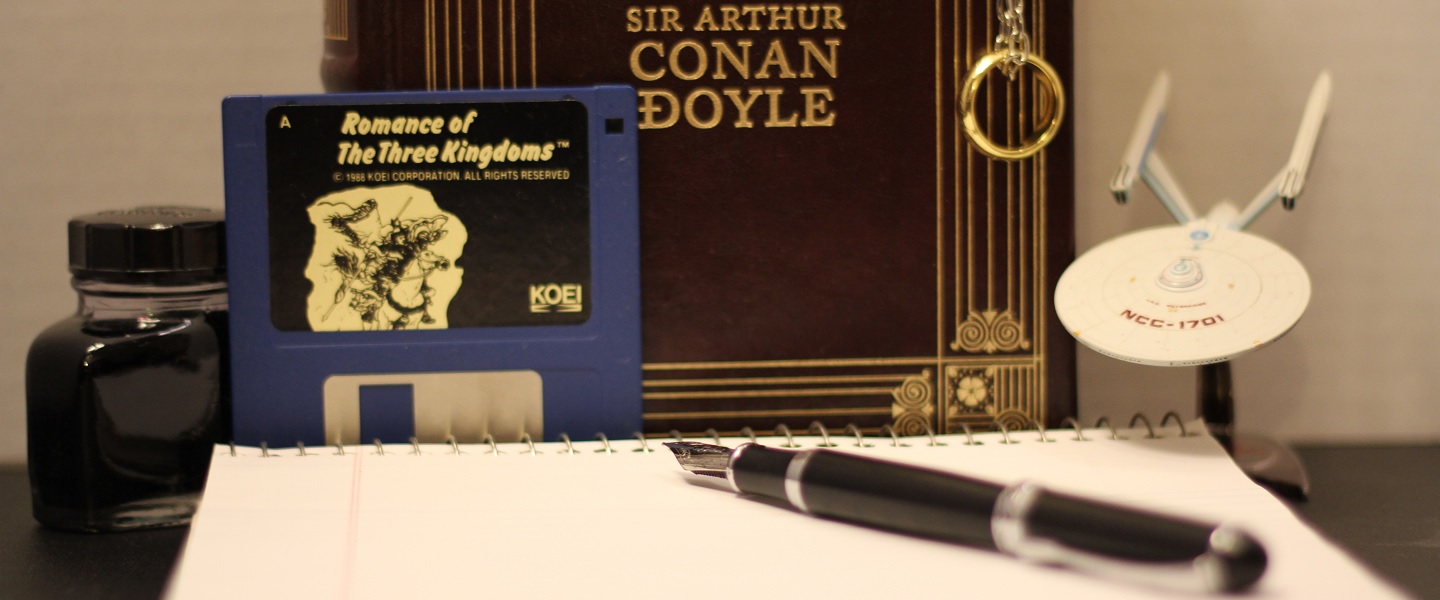
(Author’s Note: This was published November 29, 2011 for Press2Reset.com)
Ubisoft say rampant PC piracy is crushing their sales, while Valve say it is a non-issue for them. What are the two companies doing differently?
Over the past few days, leading figures in the industry have made very different pronouncements on the issue of piracy. Ubisoft‘s Sebastien Arnoult says the company’s new game, Ghost Recon Online, would be free-to-play in order to thwart a 95 per cent piracy rate. Meanwhile, Valve boss Gabe Newell says theft is barely an issue for his company.
Ubisoft and Valve’s stories are complete opposites of one another in PC gaming. Over the past couple of years, Ubisoft have been struggling to find a footing within the market, claiming that piracy is the reason why they are struggling. Valve, on the other hand, have gone from one point to another without missing a beat and now claim that Russia is set to become their most profitable European marketplace despite it having a very high piracy rate. So how is it that Ubisoft is hurting while Valve is thriving?
There are several reasons why Ubisoft are in the state they are in.
One issue is the quality of Ubisoft’s games when they release a PC version. Many of these games have been nothing more than shoddy console ports. Poor or overly-simplified controls and limited graphics options are just a few of the problems encountered in the titles brought to the PC marketplace.

However, the biggest issue revolves around the always-on DRM, which requires gamers to have a permanent internet connection for their games. Despite the vociferous outcry from PC gamers, the publisher has deemed DRM to be a success in reducing piracy.
The system is frustrating enough for PC players but it is doubly so when Ubisoft are caught lying about it. In the run-up to the launch of From Dust, Ubisoft stated the game would not come with the always-on DRM. However, the PC version was then delayed and, upon release day, PC gamers discovered that the game had the hated DRM after all.
These issues have contributed to a 90 per cent reduction in PC sales for the publisher; not very good for a company who claims that their DRM is a success. Yet Ubisoft continues to cast the blame on pirates. Arnoult even went so far as to say, “We know that 95 per cent of our consumers will pirate the game.”

Ubisoft’s experience with piracy is vastly different from Valve’s despite both companies having a similar form of DRM. Steam, Valve’s digital distribution platform, is itself DRM. You are required to have an internet connection in order to login and register a game. However, it also offers an offline mode, which Ubisoft does not. Steam also allows users to authorize other PCs in order to access their library of games to install and play them on another computer.
Valve’s approach to PC gaming also differs from Ubisoft’s own. Their PC games are fully supported, tailor-made, and have no restrictive DRM aside from Steam. The developer of the Half-Life franchise also offers PC gamers SDK and modding tools so that gamers can create their own content.
All of these factors have apparently led to piracy being a non-issue for Valve. Newell says, “Our goal is to create greater service value than pirates, and this has been successful enough for us that piracy is basically a non-issue for our company.”
So why is Ubisoft still claiming that piracy is the cause for poor PC sales when evidence seems to point out other factors? If piracy rates are indeed high as Ubisoft claims, then they are the ones responsible for the increase in piracy and the drop in sales. In an attempt to combat piracy, Ubisoft have engineered and increased the exact problem they were trying to stem.
(Author’s Note: Support this site, by donating via Paypal or even checking out our merchandise on RedBubble where you can find designs that cater to writers and readers. Money donated or raised goes into paying for this website and equipment.)




[…] retarded when it came to how it handled its anti-gamer stance which involved lying to sell copies, draconian DRM, a crappy Uplay platform, the ability to remove games from your library, and ever-declining quality […]